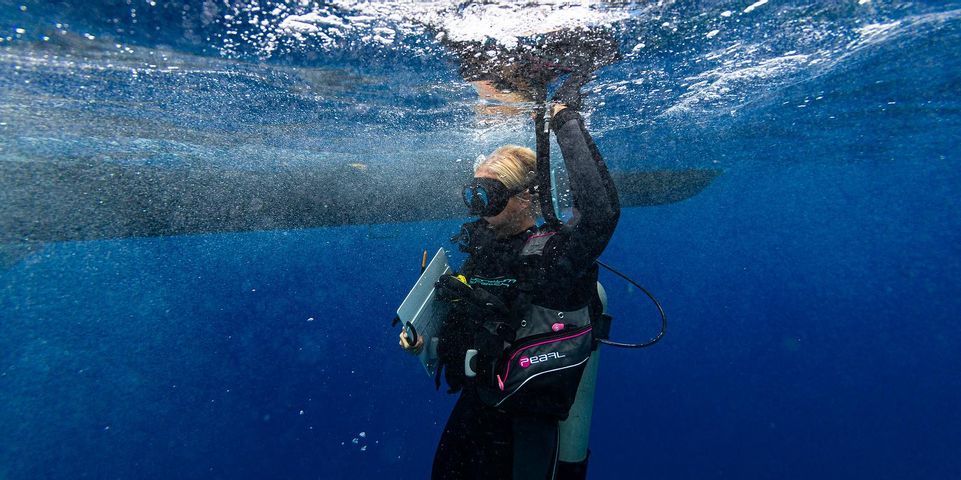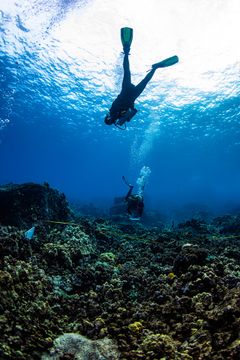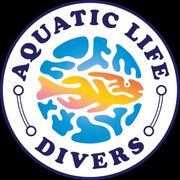
Whether you're looking for an adventurous vacation or your next hobby, scuba diving is an excellent choice. Certified divers can visit locations and see sights that aren't available to anyone else. Here's what you need to know to decide if diving is right for you and get started.
What You Should Know About Scuba Diving
How do I learn to scuba dive?
Before you can visit most diving locations, you need to be certified by a scuba instructor. This means learning to use the equipment, follow safety procedures, and move freely in the water. You can complete the training in days with the right instructor.
What equipment will I use?
 You'll start with a wetsuit to insulate your body and keep you warm along with fins for easier swimming. You'll also wear a scuba tank with your air supply, a regulator which you breathe from, and a mask.
You'll start with a wetsuit to insulate your body and keep you warm along with fins for easier swimming. You'll also wear a scuba tank with your air supply, a regulator which you breathe from, and a mask.
To balance the tank, you'll wear a buoyancy compensator vest and weights to keep you from sinking or floating in the water.
Beyond this, your exact equipment, such as protective gear, will depend on where you're diving.
What are the risks?
As long as you follow safety procedures, you're unlikely to encounter significant risks in established scuba diving locations. Most sea creatures, including sharks, aren't aggressive to humans, and scuba gear and training are designed to keep you safe. You'll even be taught to prevent relatively small issues like ear pain due to pressure changes.
Why go diving?
When you go scuba diving, you'll see a whole new world. You can get up close to many different types of marine life, including fish and coral, and stay underwater longer to explore further. You may also be able to check out wrecks and ruins.
If you're looking for scuba diving opportunities on the Big Island, choose Aquatic Life Divers in Kailua-Kona, HI. They offer not only the chance to experience Hawaii's beautiful marine life but also education about the local aquatic environment, the challenges faced by coral and other sea creatures, and what you can do to preserve this irreplaceable natural environment. Call (808) 345-4411 or visit their website to learn more about their classes.
About the Business
Have a question? Ask the experts!
Send your question

